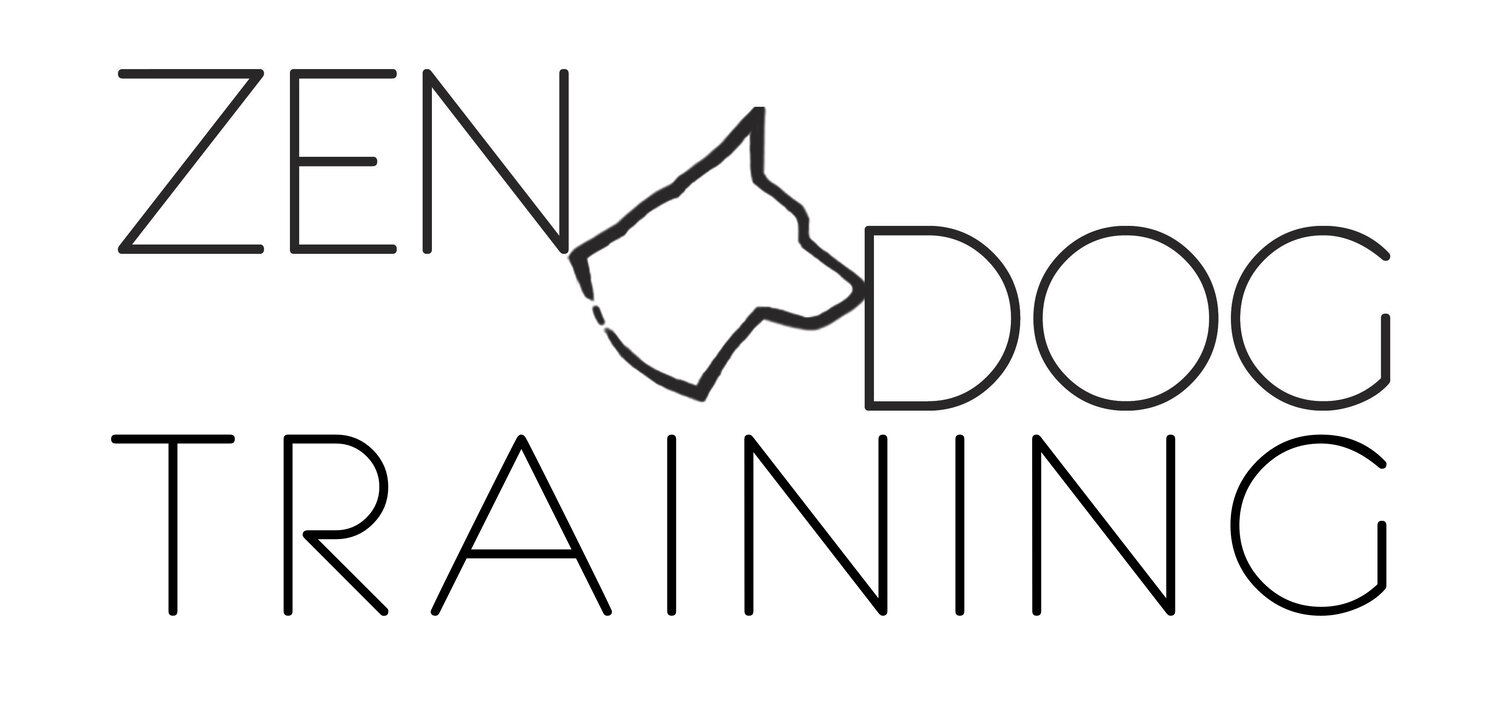Pet Parents or Pet Owners?
There's been a general push by the pet industry to market the idea of "pet parenting." This includes encouraging pets to sleep in our beds, eat gourmet food, and engage in other such practices that are usually only reserved for the human members of our families. Also, it means putting the same amount and type of resources into pet care as we do for child care.
The foundation for this concept has clearly existed for quite some time. Pet owners do owe their pets proper love and care for the duration of their lives - that is the pact we make when we take ownership of them. That means that throughout financial hardships, life changes and other bumps in the road, we still have to provide for our pets. For this reason, the pet industry has long been considered "recession-proof." But companies like Petco and PetSmart are taking this to a new level. They want to grow and solidify their business, so they're upping the ante for human investment in their furry counterparts.
But what does the concept of "pet parenting" mean, really? This article in Slate talks about the implications. I think there's certainly some merit to the author's argument that pet owning and parenting a child should be separate ideas. But, I see pet parenting as a separate thing from parenting already. Dogs have different needs than children, obviously. Pets play a different role in our lives than our kids do, for sure. But does that mean that we still don't parent our pets, in a way? We still have to equip them to live in the world comfortably and efficiently. We have to provide for their emotional, physical and nutritional needs. Owning a plant is different - we have no obligation to the emotional lives of our plants, but we do need to provide it with nutrition and physical safety. So those two things might be the defining factors of "parenting" -- providing for emotional well-being and instruction on how to exist in the world, both of which we do for our dogs and cats as well as for our kids.
